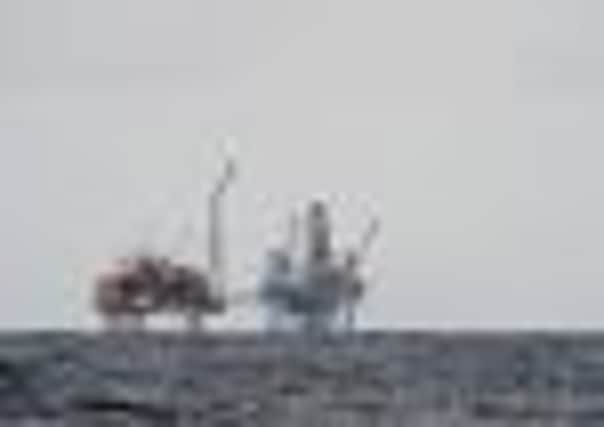Total gas leak: No marine contamination found near Elgin platform


The drilling operation, which is expected to last at least six months, got underway 25 days after the release of potentially explosive gas from a rogue well forced the complete abandonment of the installation.
The announcement was made as the Scottish Government released the findings of the chemical analysis of water and sediment samples, recovered near the deserted installation, which revealed that the massive gas and condensate leak has had no direct impact on the marine environment.
Advertisement
Hide AdAdvertisement
Hide Ad“Analysis of the water and sediment samples concluded there was no evidence of hydrocarbon contamination from the gas leak itself. Oil-based hydrocarbon contamination was found in the water sampling, however it is not chemically linked to the gas condensate sheen on the surface of the water near the gas leak. The geochemical indicator profile is consistent with oil of a Middle Eastern origin, likely to be the result of other shipping or industrial activities in the area,” a Scottish government spokesman said.
“Full chemical testing for the presence of hydrocarbons in the collected sediment samples has concluded it is typical of North Sea sediment.”
Richard Lochhead, the Scottish environment secretary, said: “I’m pleased that chemical analysis of water and sediment samples is now available, which adds to the sensory fish testing work completed last week. All data gathered to date continues to demonstrate that the effects on the marine environment of the Elgin gas leak are so far minimal.
“However, as the leak is ongoing, we must remain vigilant and I’ve asked Marine Scotland to play a full part in assessing the situation, including further environmental monitoring.”
The results of the chemical tests were also welcomed by the environmental pressure group, Friends of the Earth Scotland . But Stan Blackley, the organisation’s chief executive, claimed that the “real effects” of the gas leak may be cumulative and long-term and will not be known for some time.
He said: “This is welcome news, but it doesn’t necessarily mean that hidden and longer-term environmental damage is not being caused to the waters, seabed and wildlife in the area. Furthermore, it completely ignores the negative impact that the release of massive amounts of methane into the atmosphere is having. Methane is a potent greenhouse gas and this leak is undoubtedly contributing to pollution of the atmosphere and climate change.”